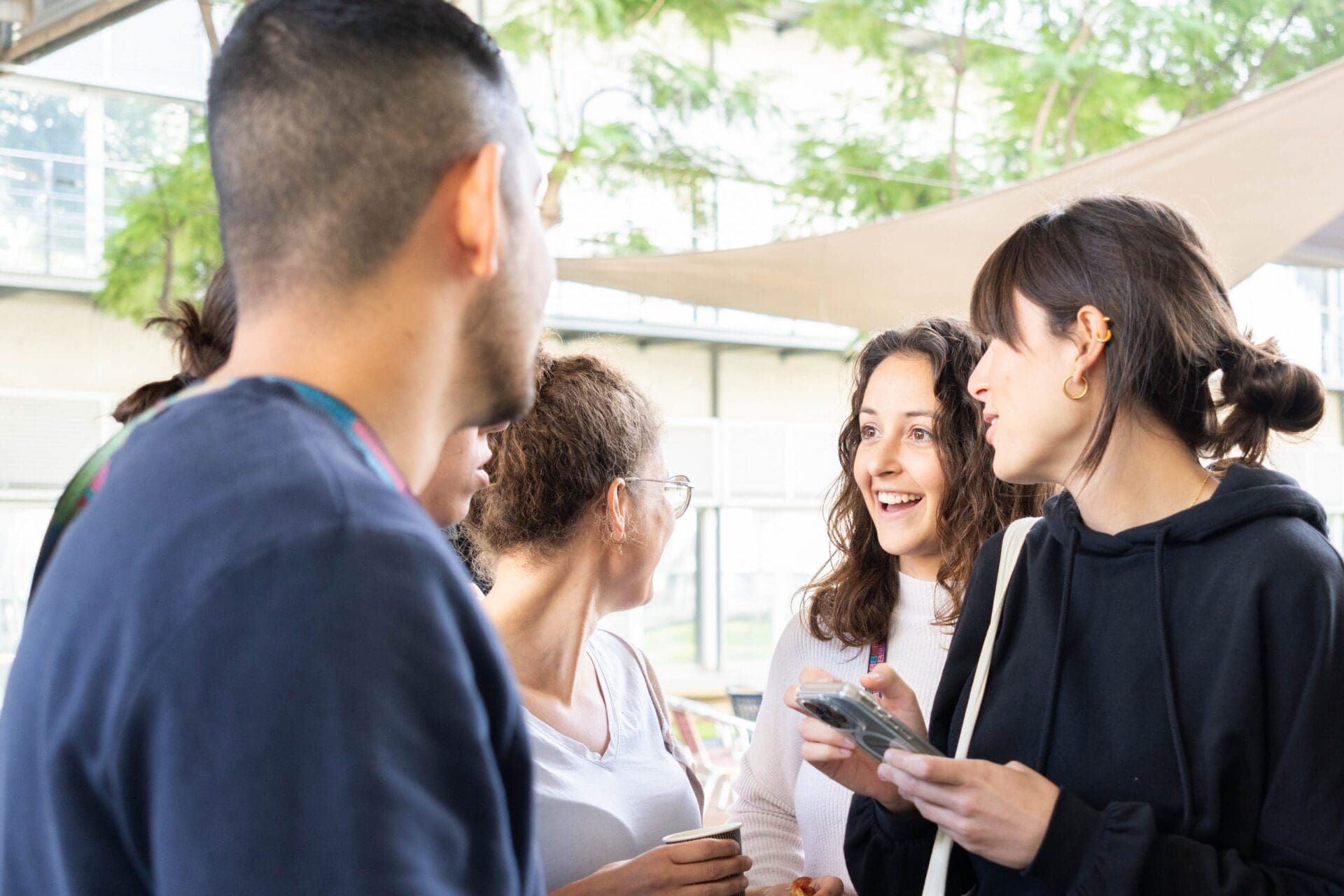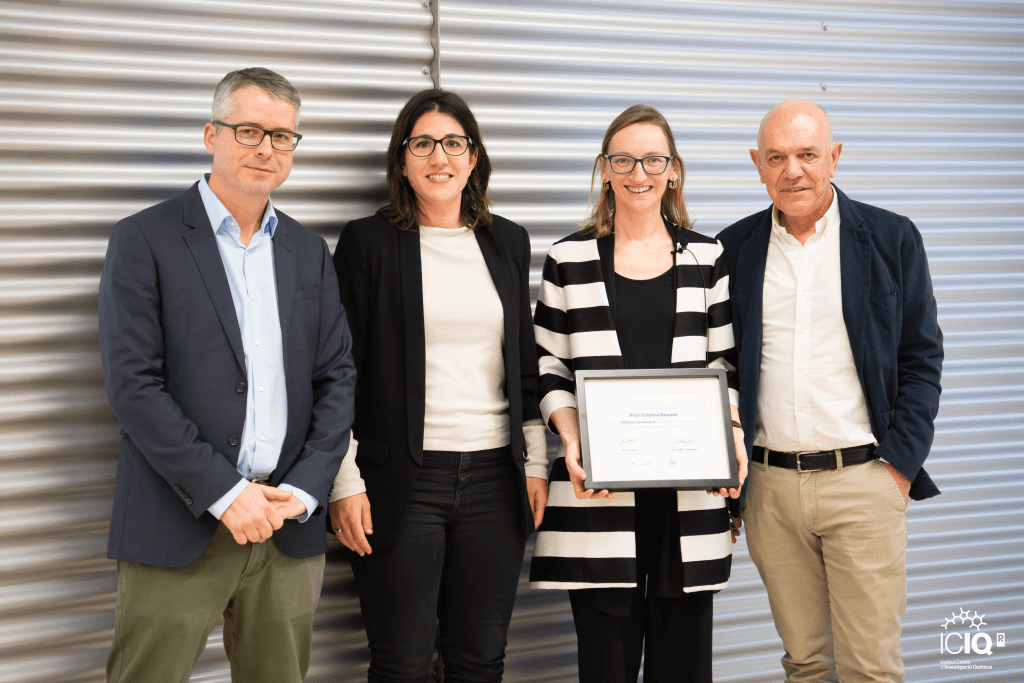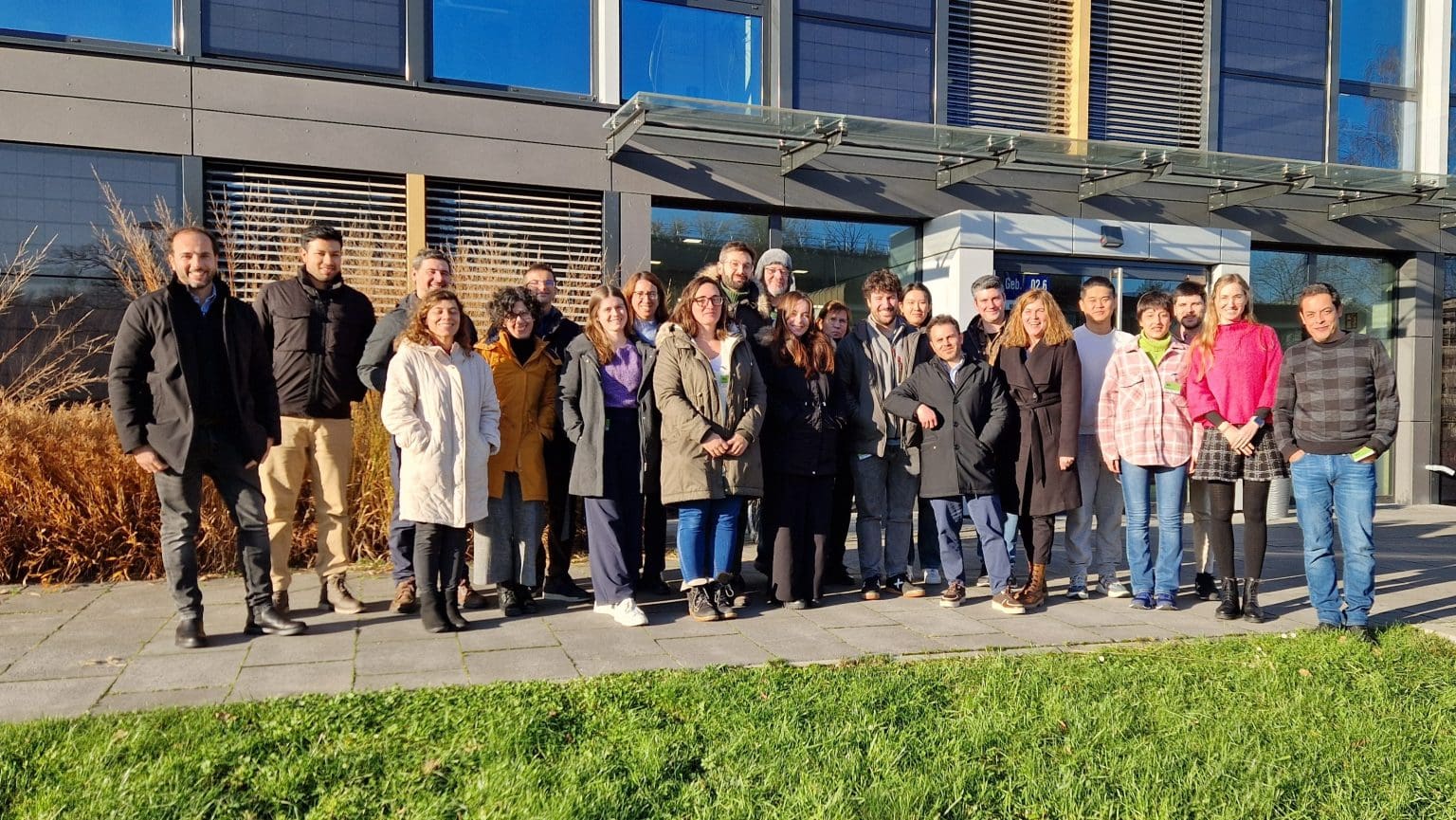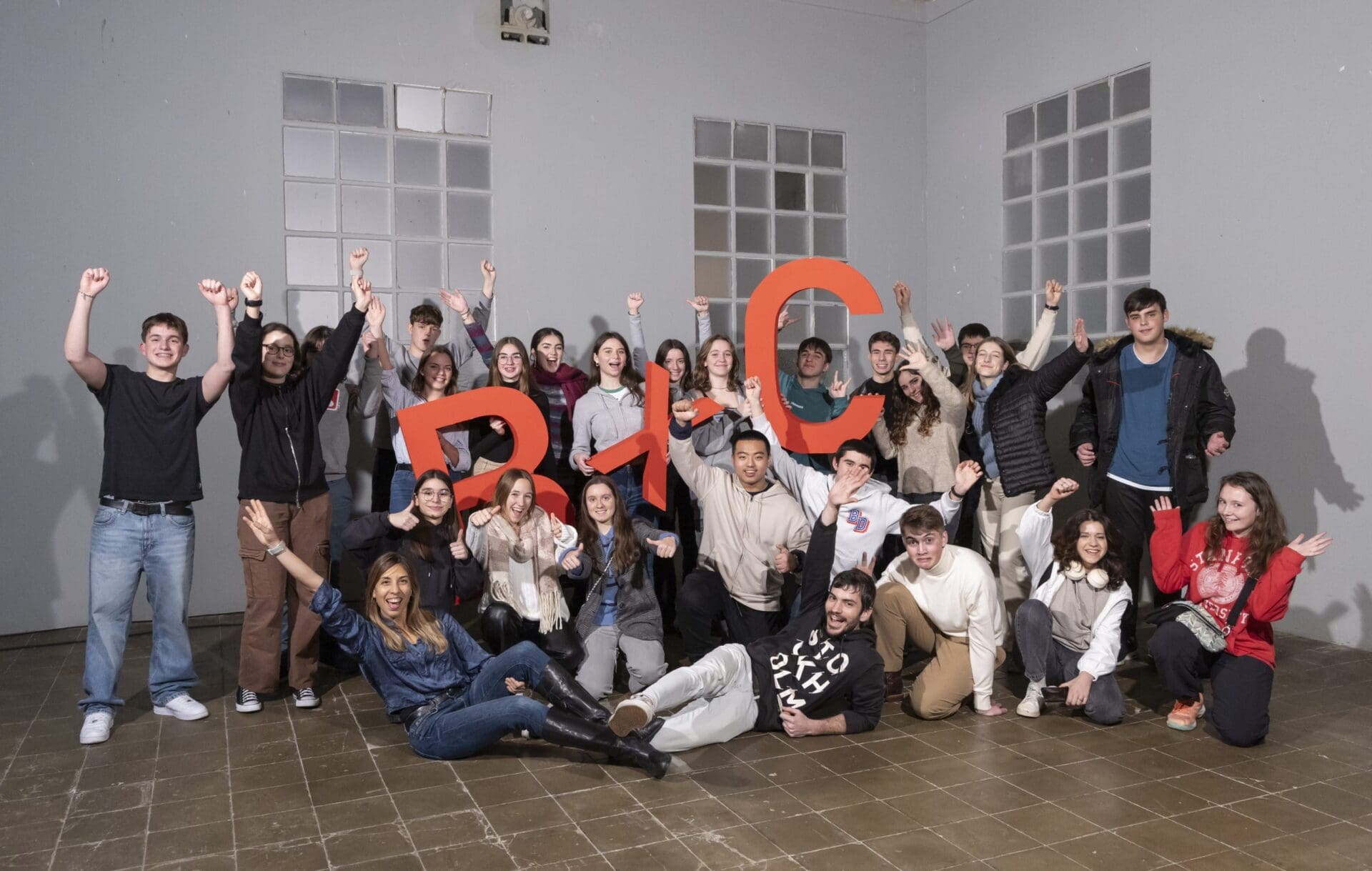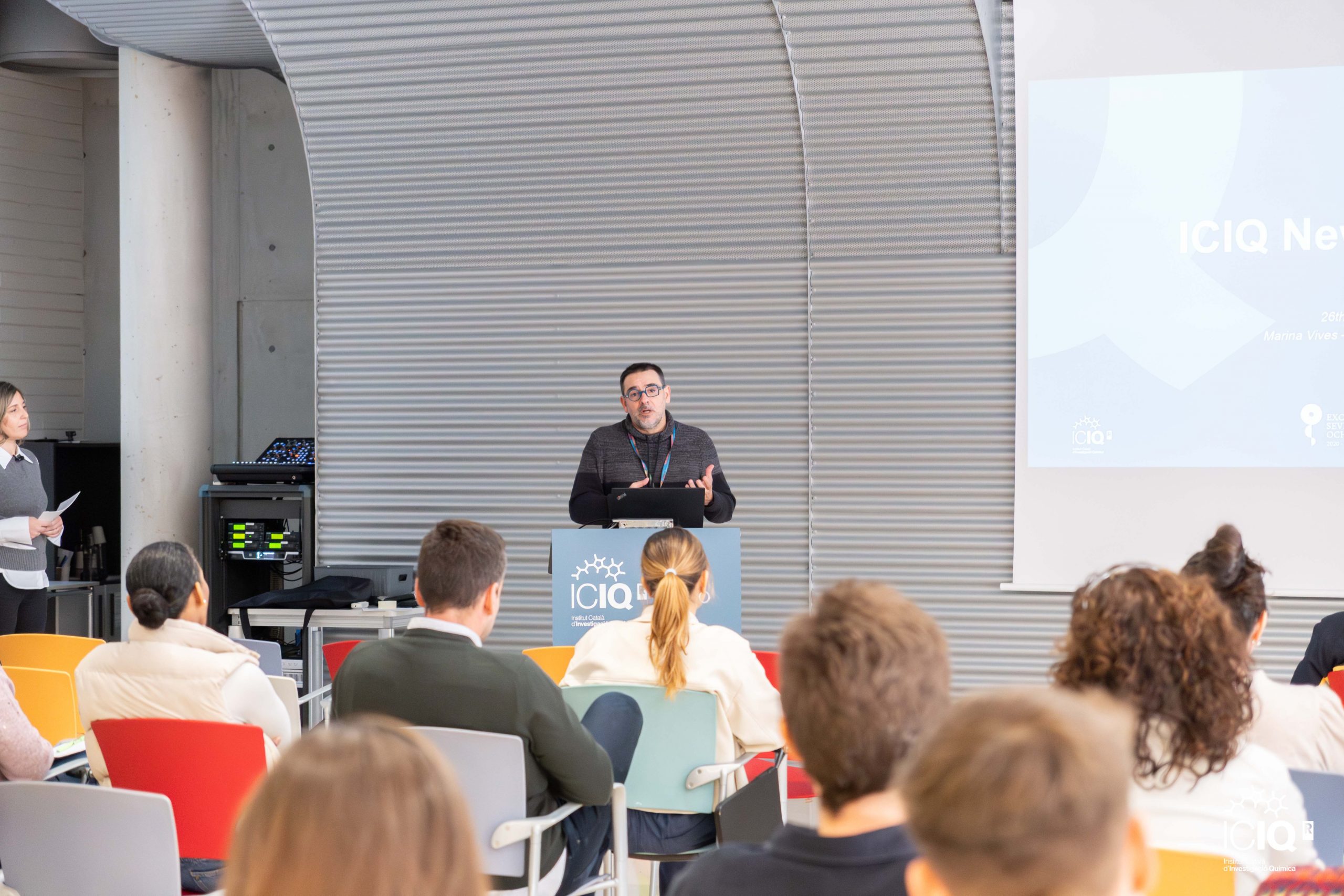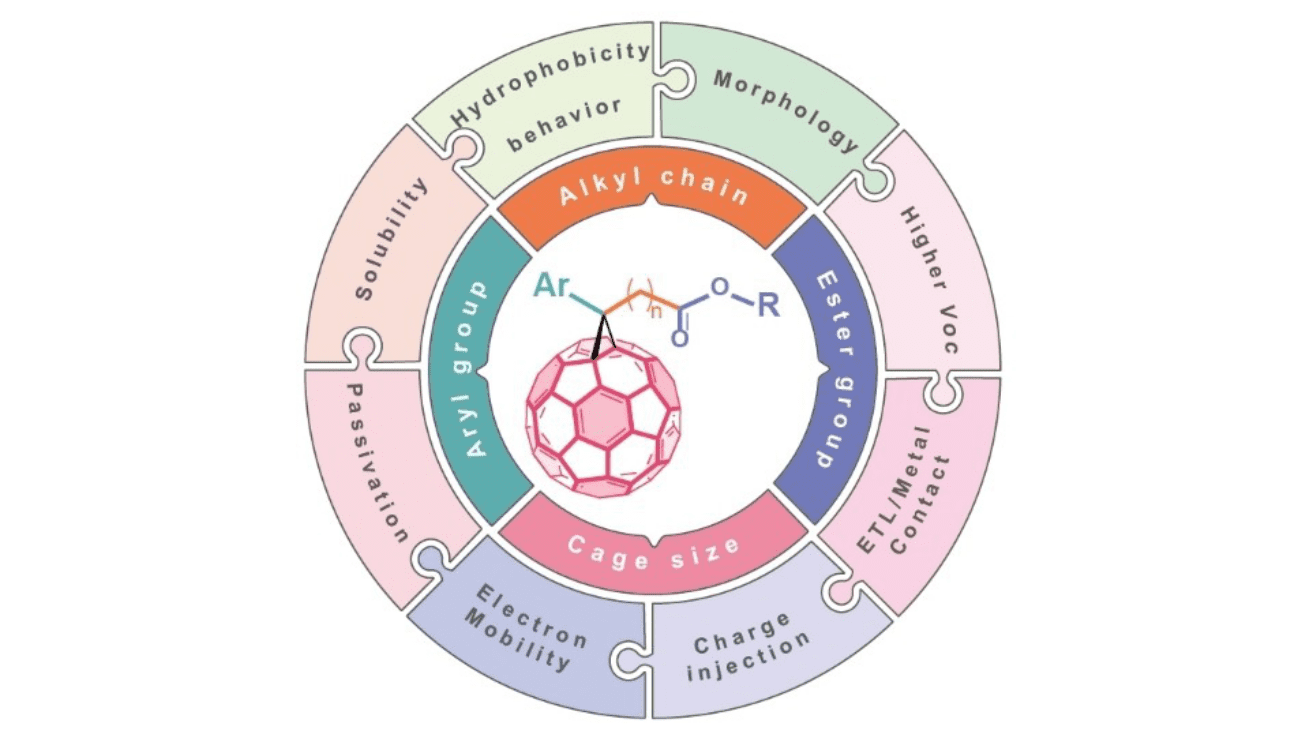New Projects Awarded: MacroLemon, Late-need and ELECTRA-H2
ICIQ has been granted AEI / European Union – NextGeneration funds for three new R+D+i Projects.
These grants are intended to promote the culture of transfer and the entrepreneurial and innovative spirit of research groups, as well as contribute to strengthening the strategies for transferring knowledge and results of the beneficiary institutions of said projects.
The projects selected in this year’s call are leaded by: Prof. Arjan Kleij, Prof. Marcos García-Suero and Prof. Julio Lloret.
MacroLemon (Prof. Arjan Kleij’s Group)
Design and Scale Up of Biobased Functionalized Polycarbonates for Adhesive and Coating Applications
Summary:
In this project the use of a bio-polycarbonate (poly(limonene)carbonate, PLC) is investigated in the synthesis of new biobased materials with a focus on resins and adhesives and their implementation in an industrial environment to advance the production of more sustainable functional materials and products. Various aspects of this process that produces PLC require optimization, and among them is the development of a reproducible scale up of the epoxide monomer (limonene oxide), the metal catalyst that was previously developed by the Kleij group at ICIQ (Tarragona), and the PLC itself to quantities of at least 1 kilogram. In addition to these scale-up activities, the project foresees to offer two samples of functionalized PLC: one type that incorporates alkyl thiol groups that have value in curing processes when combined with epoxies or compounds that contain double bonds, the other type will be equipped with epoxy groups that are also useful for curing and/or polymer post-modifications. The two functional PLC polymers will be examined in industry to reveal their potential as bioalternatives for existing resins and adhesives made from petroleum based resources.
Another critical point is the valorization of commercial limonene sold by various companies at ton scale. This technical grade limonene typically contains around 90% of limonene. Once the PLC upscale is completed and optimized, we will scrutinize the use of technical grade limonene in the synthesis of PLC with physical properties similar to the material obtained from pure limonene. Finally, efforts to recycle polymers are gaining importance and its relevance increases continuously to repurpose the massive plastic waste stream on a global level.
This project will thus investigate the reuse of PLC by a controlled and selective depolymerization process using organocatalysis as primary technology thereby regenerating the monomers limonene oxide and carbon dioxide. In addition, the preliminary observation of the intermediacy of a trans cyclic carbonate is motivation to study a controlled depolymerization towards this product as it can allow to recycle all atoms present in PLC through successive cycles of copolymerization (ROCOP), and depolymerization followed by ROP. The overarching objective is to advance the current TRL status from 4 to 6, meaning a demonstration of our PLC technology in a relevant industrial setting.
Technology and Societal Impacts:
The scientific impact is related to the development of novel functionalized poly(limonene)carbonate (PLC) polymers that can be used and explored as resins or adhesive components in industrial applications. Since these PLCs are based on biosourced limonene (a readily available terpene), a possible introduction of limonene-derived polymers in various market segments will create new incentives for further development studies. For the moment, limonene (which can be extracted from citrus peels generated in orange juice production) is currently used as fragrance, detergent and green solvent, among other applications, but so far not in commercial polymer production. Interestingly, the EU food sector generates a significant amount of citrus waste containing limonene (peels and non-consumed fruit) that is not being absorbed by industry and generally remains unused. The total limonene market is estimated to be 67 ktons/year. Limonenes chemical structure offers an easy entry towards polycarbonates with post-modification properties, which allow to generate a wide range of high-performance materials, as demonstrated by prior exploratory testing carried out by ourselves in collaboration with academic and industrial partners for novel coating applications. The MacroLemon project will advance the business opportunities offered by limonenebased polycarbonates owing to their excellent post-modification opportunities by targeting new resin/adhesive materials useful in industrial settings, with an external industrial partner. A successful use of limonene-based polymers in consumer goods can spur the development of a range of different terpene polymer based applications setting the stage for the use of an increasing amount of biomass in future everyday plastics and bring about an evolution towards a circular (plastics) economy with a global impact on mitigation of the negative side-effects due to plastic pollution and disposal issues.
Late-need (Prof. Marcos García-Suero’s Group)
Late-stage diazomethylations to impact urgent & unmet medical needs
Summary:
We would like to present a proposal in this Proof of Concept call to verify the utility of a proprietary technology of the Research Group of Prof. Marcos García Suero at ICIQ in two urgent & unmet medical needs. We will generate new bioactive analogues of known antivirals and antibiotics against SARS-CoV-2 and Gram-negative and Gram-positive bacteria respectively, by a late-stage functionalization technology; and perform in vitro testing of antiviral and antibiotic activity. The proprietary technology of the Suero laboratory published in Nature (2018, 554, 86) is based on the use of bespoke reagents with the capacity of transforming a CH bond in complex molecules into a chiral centre with a high degree of modularity. This concept has a potential which is unique in providing access to proprietary libraries of drug molecules with ease, which are very difficult or unthinkable by other means. We hope that the experimental proof of usefulness of the late-stage functionalization technology in the straightforward production of improved APIs from known drugs will increment the Technological Readiness Levels of the technology, while providing real-life applications in infectious diseases and awaken the interest of discovery departments of pharmaceutical companies.
Technology and Societal Impacts:
Finding a drug molecule that can save the life of infected people with SARS-CoV-2 (and its new variants) is complementary to the COVID vaccines and highly necessary in this pandemic times. However, the pace of production of effective antivirals to control SARS-CoV-2 is slow. The repurposing of known antiviral drugs and new derivatives to fight COVID-19 is a current option that might lead to successful results. This proposal aims at discovering lead compounds for the treatment of COVID-19 (and antibiotic resistant bacterial infections) starting from a set of known antiviral (and antibacterial) drug molecules, using the innovative proprietary technology for late-stage functionalization discovered in Prof. Suero laboratory. Considering the above-mentioned, the discovery of a starting lead compound against SARS-CoV-2 with the support of this Proof of Concept would be a major scientific breakthrough since it would demonstrate the effectiveness of the proprietary technology in providing potential solutions in an urgent and unmet medical need. This project would allow us to have a strong IP position that could underpin the creation of a spin-off company, having attracted venture capital funding, to develop focused libraries of lead compounds to reach clinical phases and ultimately reach regulatory approval and market commercialization with the collaboration of a pharmaceutical industry.
ELECTRA-H2 (Prof. Julio Lloret’s Group)
Fabrication of Highly Efficient Electrodes and Test for the Production of Hydrogen under Industrial Relevant Conditions in Anionic Membrane Exchange Electrolyzers
Summary:
ELECTRA-H2 comprises the validation of new technology for the fabrication of catalytic electrodes; the solution-combustion method, and its application to green H2 production. H2 obtained from water electrolysis when using renewable energy is an excellent green fuel to seasonally storage energy. Nevertheless, water electrolysis technologies are 2-5 times more expensive than H2 obtained from steam reforming of methane associated undesired CO2 emissions. An up-and-coming technology is the Anion Exchange Membrane since it does not use critical materials. However, the operative conditions still comprise too caustic pH values (14). Our patented solution-combustion method allows the growth of catalytically active materials on top of metal substrates, such as metal foams and felts, forming stable and active catalysts that can operate at proton concentrations 10 to 100 times lower (pH 12-13). Our
method is fast and straightforward, versatile, more catalytic efficient and cost-effective. We have proved that our method can be directly growth outperforming OER catalytic material (and a broad scope of highly entropic nanostructures of metal oxides, sulphides and phosphides) on top of current collectors in less than 2 min, form simple precursors, at low-temperature ignition (180-200 ⁰C).
ELECTRA-H2 will advance the technology to the market by validating the solution-combustion method to generated electrodes operative under industrially relevant conditions. The project plans to scale the preparation of the state-of-the-art OER catalysts, from a small testing flow cell electrolyser unit (4 cm2) to a membrane electrode assembly of 25 cm2. IP protection and market studies are already showing the relevance of the technology. More importantly, the solution-combustion method is universal to produce a wide variety of catalytic materials, and therefore applicable to many different electrochemical processes with a potential transversal impact.
Technology and Societal Impacts:
During this decade, hydrogen produced by water electrolysis will be pivotal in converting fossil fuels to alternative renewable fuels. Hydrogen is seen as one of the most sustainable ways to store renewable energy in a chemical form while being helpful in numerous industrial processes or transportation. The transition towards a non-fossil fuel-based hydrogen production model will have a major environmental impact. 50 % of the current energy consumed can be substituted by H2, translated into a similar reduction in carbon dioxide emission. The implementation of more accessible electrolysis technologies will also contribute to new policies calling for decarbonising the energy production and storage process. However, the price of H2 per kg is still 2 to 5 times higher compared to the H2 produced by steam reforming of fossil fuels such as methane.
Through the ELECTRA-H2 project, we aim to improve the efficiency and competitiveness of electrolysers by reducing the cost of the catalysts based on abundant, cheap, and readily available metals (nickel and iron). To this end, we plan to validate a solution combustion method for producing tailored electrodes for the Anion Exchange Membrane technology. The solution combustion process produces highly efficient electrodes, and the produced electrocatalysts are amiable to study. We expect that advances in the solution combustion process may prompt academia and industry to adapt our electrode manufacturing process for other applications. Although this project is centred on
Anion Exchange Membrane technology, the solution combustion method is general and can be employed for different catalytic applications. We envision that the optimisation of the solution-combustion fabrication process of catalytically active electrodes will initially raise the interest of both research groups and R&D units at companies implementing electrodes for water electrolysis. In a broader context, cheap electricity from renewables and advanced functionalised electrodes with catalysts can facilitate the production of greener and sustainable chemicals – the so-called power-to-X. We estimated that electrodes produced by the solution combustion technology of ELECTRA-H2 could reduce the number of steps required to produce electrodes, envisioning a 25% saving costs on electrode production. Notably, our tests indicate that the electrodes prepared according to this method improve the energy efficiency of anodes, resulting in an energy saving of about 10%. We thus envision that this technology could be a viable and competitive solution for producing green hydrogen in the future. Through participation in acceleration programs (Enagas Emprende, The Collider, etc..), the project team expects to impact the dissemination of the technology to industry stakeholders, investors, and key opinion leaders in the water electrolysers industry (alkaline and/or AEM). Due to the attractiveness of H2 as an energy vector, we expect to reach a broad audience through outreach activities. We also expect that the water electrolysis technologies will improve society’s perception of chemical science as a model for searching for solutions to solve climate change and related environmental global problems.
_ _ _ _
R+D+i projects of “Proof of Concept” funded by MCIN/AEI/10.13039/501100011033 and by European Union “NextGeneration EU”/ PRTR
ELECTRA-H2 > REF. PDC2021-121185-I00
Late-need > REF. PDC2021-121180-I00
MacroLemon > REF. PDC2021-120952-I00

Related news

Let's create a brighter future
Join our team to work with renowned researchers, tackle groundbreaking
projects and contribute to meaningful scientific advancements







 11-12-2024
11-12-2024 